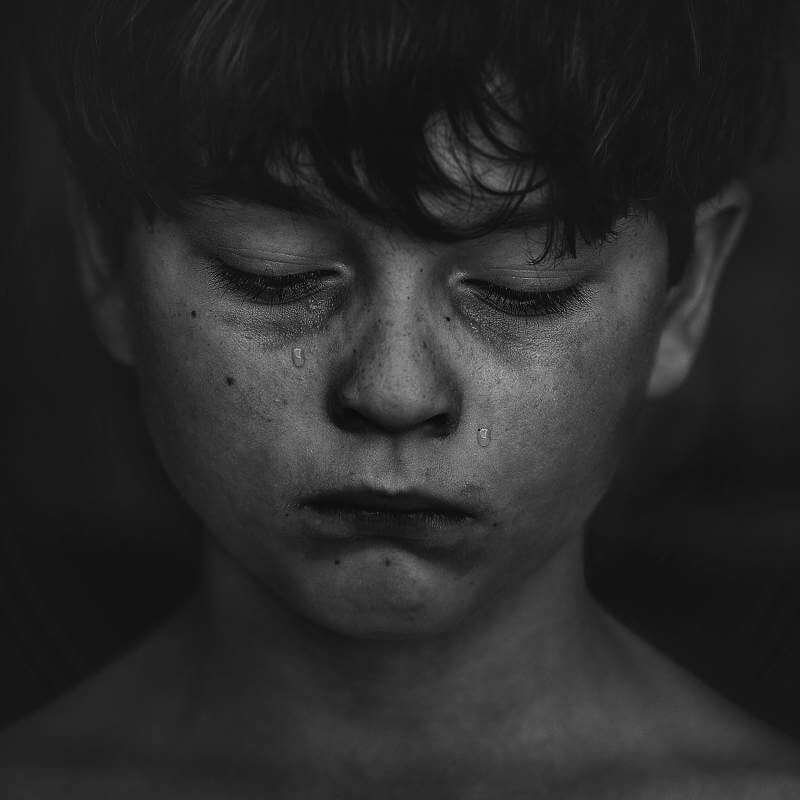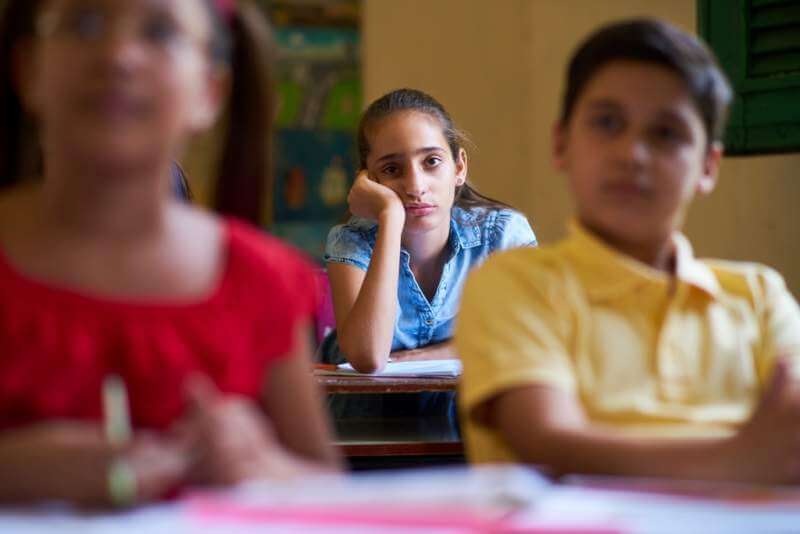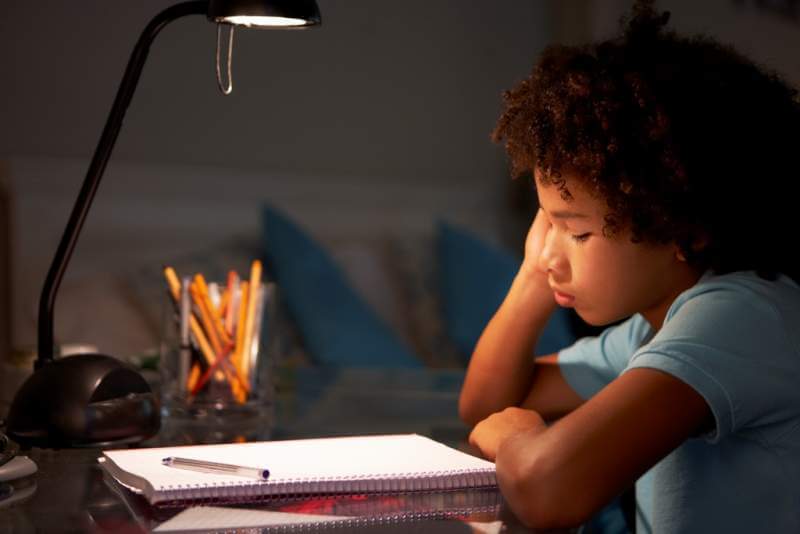Most parents dream of the prestige of having their child be the top performer in class. However, there can be only one student who comes first. And the damage you inflict pushing your child to be that one student can do more harm than good.
From the time children enter the schooling system, they are exposed to an environment which rewards perfection. Perfection relates to their performance in class, their appearance, and their status among their peer group. The pressure to be perfect is imposed on students at school and at home. Students believe that anything less than perfect is not good enough. When they do not perform well, they beat themselves up for not being perfect.

What schools and parents do not consider is that there are different versions of perfect. Schools are supposed to nurture and encourage talent in all its forms. Instead, they confine their definition of perfect to grades. This is in turn carried over to parents. To be perceived as having perfect kids, they pressure their children to perform. They impose unrealistic expectations on their children. The child is miserable under the weight of these expectations, and the parents are disappointed every time their child doesn’t meet them.
Parents push their kids to succeed with the best of intentions. Where they go wrong is emphasizing the need to come first at all costs or be looked at as less than perfect.
1. Pressurizing your kids too much can backfire
 Pushing your kids too hard and being on their case constantly has a negative effect. Your hypervigilance turns into the child’s only motivation. The child then fails to develop their own self-motivation.
Pushing your kids too hard and being on their case constantly has a negative effect. Your hypervigilance turns into the child’s only motivation. The child then fails to develop their own self-motivation.
It creates in a child a sense of fear. The home becomes a place the child is scared to go. They haven’t come first, and they fear their parents’ rejection. Mood swings, unexpected weight loss, insomnia, anxiety, and substance abuse are some of the serious consequences of unduly pressurizing kids. There is also the chance that your child could develop a Body-focused Repetitive Behavior disorder such as trichotillomania (excessive hair pulling). You need to look out for early signs and symptoms of any such reactions and make attempts to secure a diagnosis for your child. Early intervention can make a meaningful difference in your child’s life.
2. Pressurized kids develop self-esteem issues
 It is the worst idea imaginable for a parent to judge what their child is academically capable of. Their attempts at handling their child’s difficulties are often incorrect. In the first place, parents are not teachers who are qualified to assess a child’s abilities. Secondly, parents have an emotional bias when it comes to their children. They are blinded by their love for their children.
It is the worst idea imaginable for a parent to judge what their child is academically capable of. Their attempts at handling their child’s difficulties are often incorrect. In the first place, parents are not teachers who are qualified to assess a child’s abilities. Secondly, parents have an emotional bias when it comes to their children. They are blinded by their love for their children.
The constant fear and reality of not living up to their parents’ expectations damage a child’s self-image. A low self-esteem will cause a further decline in academic performance. Instead of comparing their children to others or humiliating their children for not performing, parents should be building their self-esteem. If parents focus on building their kids up instead of breaking them down, their academic performance is likely to improve. Breaking children down can result in self-harming such as hair pulling, skin picking, etc. Their anxiety levels are so high that they seek release from hurting themselves.
3. Pressurized kids lose out on other activities
 When parents are persistently pushing their children to come first in class, the children feel they are not entitled to do other activities. They don’t feel they deserve to spend time on other activities such as sport and playing. Many children miss out on finding their true talent because they are pressurized to be academically perfect. Singers go unheard, and sports stars go undiscovered because they are stuck trying to improve their grades and win.
When parents are persistently pushing their children to come first in class, the children feel they are not entitled to do other activities. They don’t feel they deserve to spend time on other activities such as sport and playing. Many children miss out on finding their true talent because they are pressurized to be academically perfect. Singers go unheard, and sports stars go undiscovered because they are stuck trying to improve their grades and win.
Parents who pressurize their kids to perform don’t acknowledge their children as multi-faceted individuals who need to be developed holistically. They fail to see that by pushing their kids, they are denying them opportunities to show their true gifts. Children who don’t get to participate in other activities such as sports and creative activities are not happy. Their overall physical health will be affected, as will their creative abilities.
4. Pressurized kids become resentful
 Children who feel they sacrifice the things they want to do to please their parents become resentful. This will be more pronounced if, despite their efforts, they don’t meet their parents’ expectations.
Children who feel they sacrifice the things they want to do to please their parents become resentful. This will be more pronounced if, despite their efforts, they don’t meet their parents’ expectations.
Parents with unrealistic expectations cut off effective communication with their children. The child doesn’t feel they can talk to their parents. This ignites a slow-burning resentment. The child keeps their emotions bottled up. Eventually, the child will seek emotional validation outside the home. This may lead to them becoming involved with the wrong crowd and making bad decisions.
Instead of pressurizing their kids to come first in class, parents need to allow their children to grow up as balanced individuals. Encouragement to explore their full potential in all areas builds resilient children with the capacity for growth and development. Realistic goal-setting encourages children to aspire to be their very best in all aspects of school and home life.
This article is written by Ariel T – a writer and mental health advocate, with background in psychology and world literature & a unique outlook on the human psyche, combined with a developed ability to express ideas in writing. With personal experience of what it means to suffer from a mental disorder and what it takes to overcome it.
